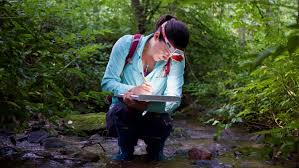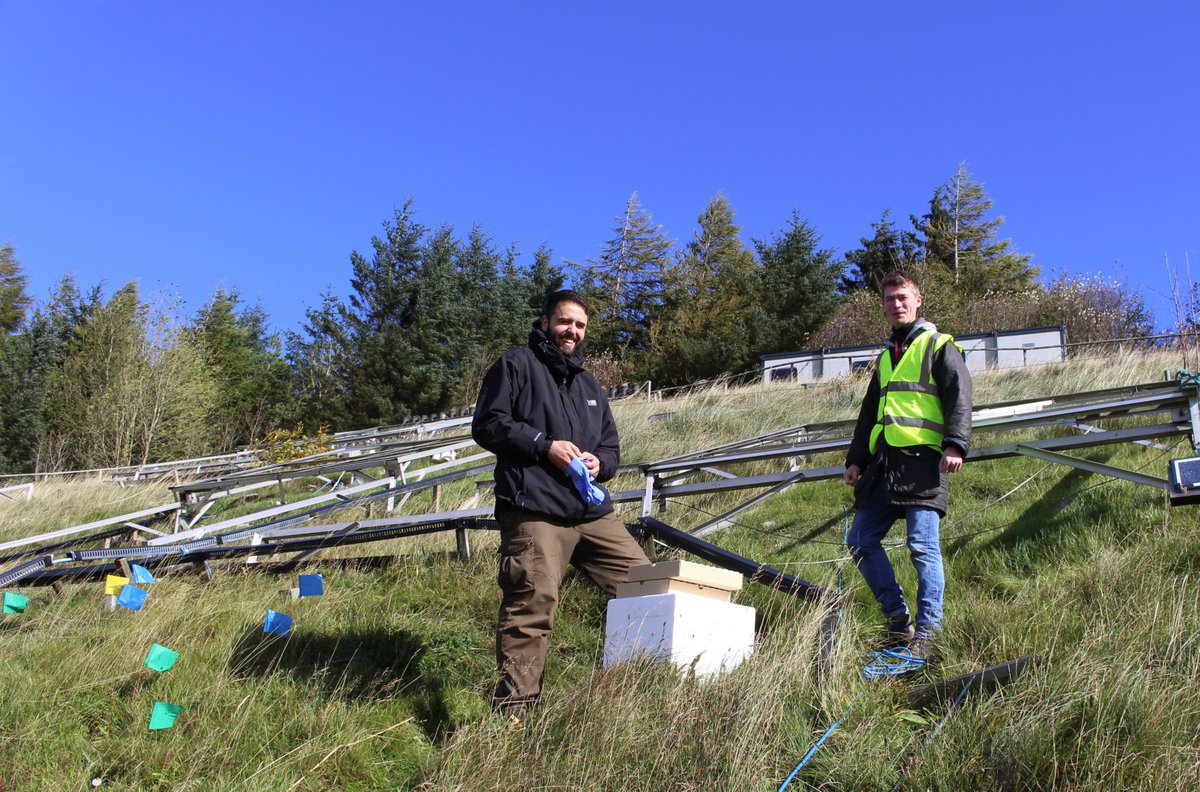
Planning an ecology research and hiking trip can be an exciting adventure, blending scientific exploration with the thrill of the outdoors. However, to make the most of it, thorough preparation is essential. Whether you’re a student, a researcher, or simply an ecology enthusiast, proper planning ensures that you’re well-equipped to enjoy the experience and gather valuable data. In this guide, we’ll cover everything you need to know to prepare for your ecology field trip, from packing essentials to organizing your research objectives.

Before you embark on your ecology research trip, start by clearly defining your research goals. Knowing what you aim to achieve helps guide your preparations and keep your fieldwork focused. Are you studying specific species, monitoring environmental conditions, or collecting soil samples? Each objective may require different tools, methods, and resources.
Ask yourself questions like:
Creating a plan of action will not only help you stay organized but also ensure that you’re well-prepared to gather the information you need without wasting time.

Next, determine your hiking routes and familiarize yourself with the terrain. Ecology research often involves hiking through diverse landscapes, sometimes in remote areas, which requires careful route planning for safety and efficiency.
Research topographic maps, trail guides, and even satellite images to get a sense of the landscape. Look for potential hazards like steep climbs, water crossings, and dense vegetation that might impact your movement or limit your research area. Make sure you’re familiar with:
Some ecological study sites may have restricted access to protect sensitive species or habitats. Contact local authorities or park rangers to confirm if there are any rules regarding your presence and activities in the area.
Bringing the right equipment is crucial for a successful ecology research trip. Depending on your research focus, you may need tools like GPS devices, sampling kits, or field notebooks. Make a list of essential tools and test them beforehand to ensure they’re functioning properly.
Consider packing these items:
Consider using mobile apps or handheld data loggers to streamline data collection. Apps like iNaturalist, Gaia GPS, and Theodolite can assist with identifying species, mapping, and logging precise locations for later analysis.
Since ecology research trips often involve hiking and exposure to the elements, it’s crucial to prioritize safety and comfort. Packing carefully for both expected and unexpected scenarios can make a significant difference in your field experience.
Along with your research tools, be sure to pack the following safety essentials:
Bringing sufficient food and water for your trip is essential. Focus on high-energy snacks and pack lightweight, easy-to-carry options:
As an ecology researcher, it’s important to minimize your impact on the environment you’re studying. Practicing sustainable fieldwork is essential to preserving the natural balance and ensuring the ecosystem’s health for future studies.
Follow Leave No Trace principles to protect the environment:
If you’re visiting an area with nearby communities, consider connecting with local ecologists, rangers, or indigenous guides who may offer valuable insights into the ecosystem. Learning about their knowledge can enhance your research and deepen your understanding of the area’s unique environmental challenges and characteristics.
To make the most of your findings, establish a system for organizing and documenting data efficiently. Clear, thorough documentation will help when it’s time to analyze your results back at the lab or at home.
Record your findings in a way that’s easy to review later. For example:
If possible, back up digital files to a cloud storage service or a portable hard drive. This will ensure your data is safe in case of equipment malfunction or accidental loss.
As your trip approaches, spend some time mentally and physically preparing for the journey. Hiking and field research can be physically demanding, so conditioning yourself for the trip can go a long way in making the experience enjoyable and productive.
Prepare your body for hiking and carrying gear by engaging in regular exercise. Strength training, aerobic activities, and practice hikes with a loaded backpack can help condition your body for the physical challenges ahead.
Field research is unpredictable, and things may not go according to plan. Weather changes, uncooperative wildlife, or difficult terrain can be frustrating, but maintaining a flexible attitude and a problem-solving mindset will help you adapt and make the most of your time in the field.
Preparing for an ecology research and hiking trip involves more than packing a bag—it’s about planning, organizing, and embracing the unique challenges of fieldwork. With clear research goals, the right equipment, and a commitment to preserving the environment, you’re set for an enriching and successful experience. So pack wisely, stay safe, and enjoy the adventure of exploring and understanding nature firsthand. Ready to start planning your trip? Take these tips to heart, and let the exploration begin!